Metabolic bone disease is not just one disease, but rather a general term for a collection of medical disorders that affect the bones:
- Nutritional Secondary Hyperparathyroidism (NSHP, most common)
- Renal Secondary Hyperparathyroidism (RSHP)
- Hypertrophic Osteopathy (HO)
MBD is a highly-preventable disease of neglect, and it is not typically seen in wild reptiles. A properly-kept ocellated skink should never develop MBD.
Symptoms
- inactivity
- sluggishness
- muscle twitching/tremors
- seizures
- swollen/bumpy limbs
- curved limbs
- difficulty walking
- cloacal prolapse
Cause
- not enough UVB
- low basking temperature
- calcium deficiency
- vitamin D deficiency
- vitamin D overdose
- imbalanced nutrition
Treatment
If you suspect that your ocellated skink has MBD, schedule an appointment with an experienced reptile vet immediately. Early-stage MBD is much easier to treat and has fewer permanent consequences than later on.
UVB is a requirement for ocellated skinks. Strong, high-quality UVB can help a sick skink heal by prompting vitamin D3 synthesis. Visit the Lighting page of this guide for UVB lighting recommendations. If you already have a UVB bulb installed, it may be a bad brand or too old. The bulbs that ReptiFiles recommends should be replaced every 12 months.
Make sure to double-check your skink’s basking temperatures as well. Heat and UVB are both needed for a reptile’s body to synthesize vitamin D properly. Use a temperature gun to check the basking surface temperature. If it reads below 100°F (38°C), then your basking temperature is too cool and you need a hotter (higher wattage) heat bulb.
Further treatment will be prescribed by your vet. Exact treatment may vary based on what form of MBD your skink has and how far it has progressed.
